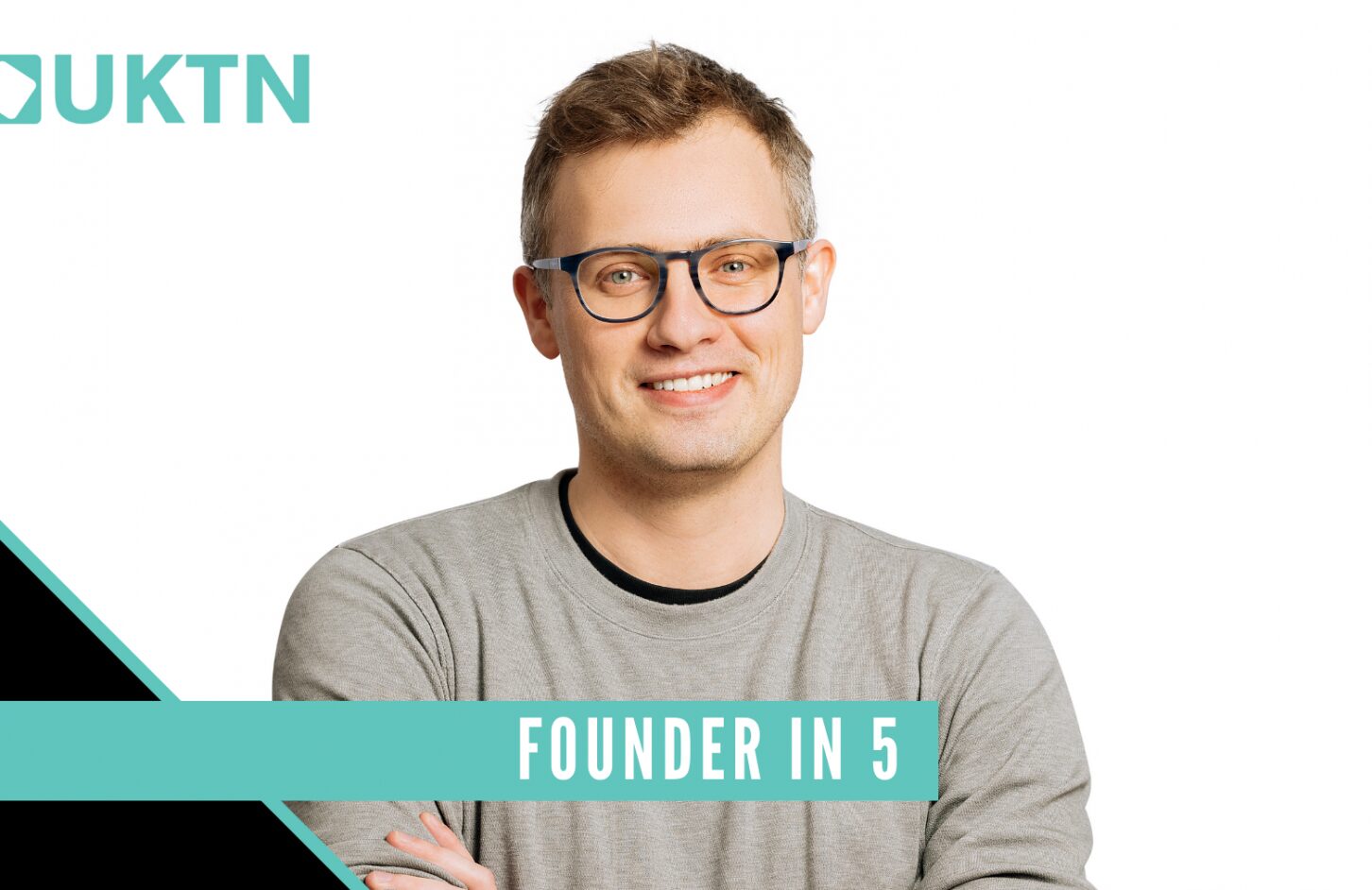Dr James Clough is the co-founder and chief technology officer of Robin AI, a startup bringing generative AI to the legal sector.
Founded in 2019, Robin AI uses a machine-learning model to scour millions of legal documents to suggest drafts and edits for contracts.
The London-headquartered company says its technology reduces the time it takes to review contracts by up to 80%.
It has raised more than $16m in funding, including a $10.5m Series A round in February this year.
In this week’s Founder in Five Q&A, Clough reveals what he wishes he’d done differently at launch, recalls his worst pitching experience and shares tips for avoiding burnout.
1. What one thing do you wish you’d done differently when launching your company?
James Clough: When Richard Robinson (CEO and co-founder) and I first started Robin AI, we spent a lot of time talking to potential customers and users. This was hours and hours of useful talking time, before acting and actually creating something, that enabled us to understand what any future customers might want....

